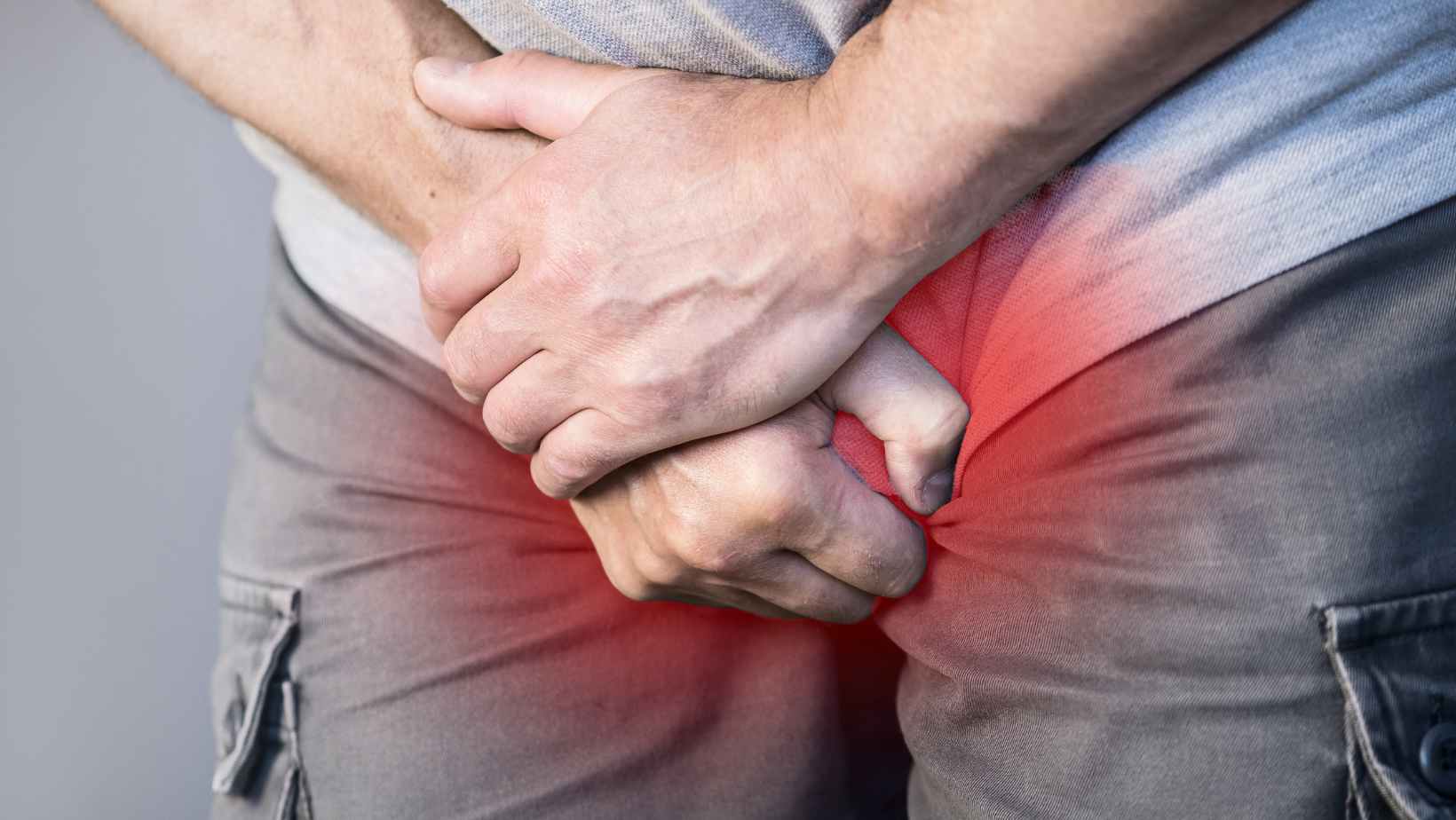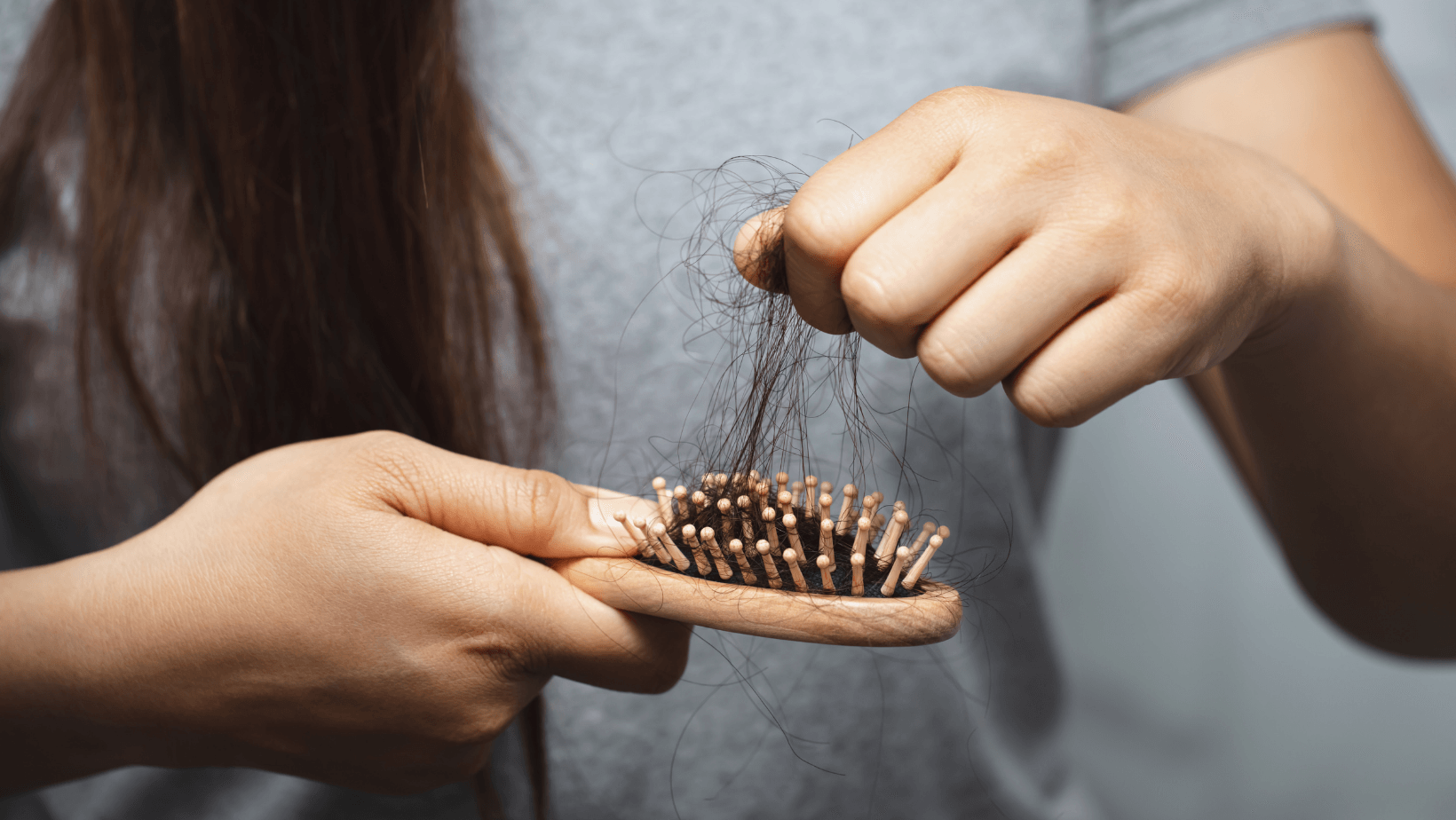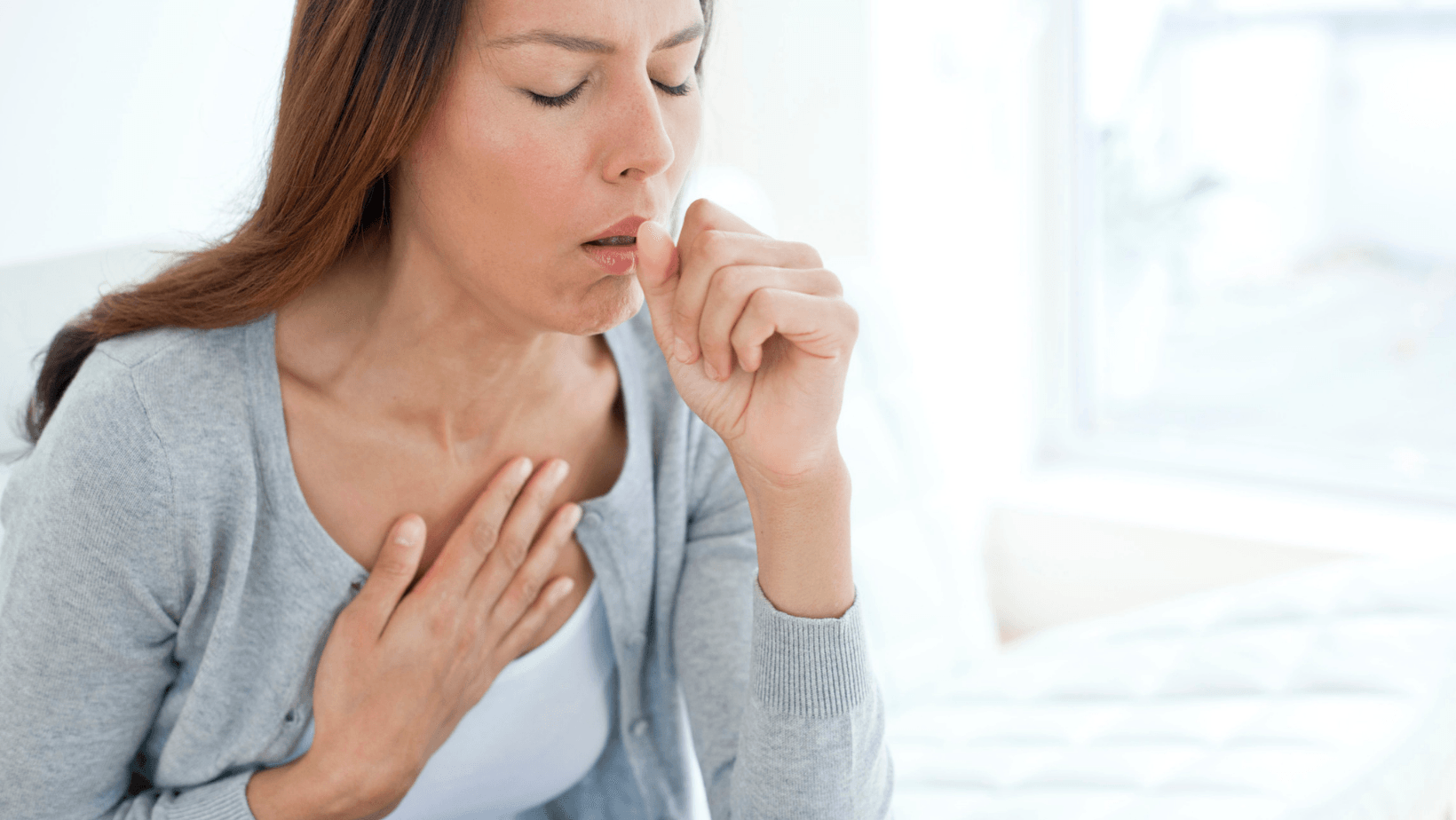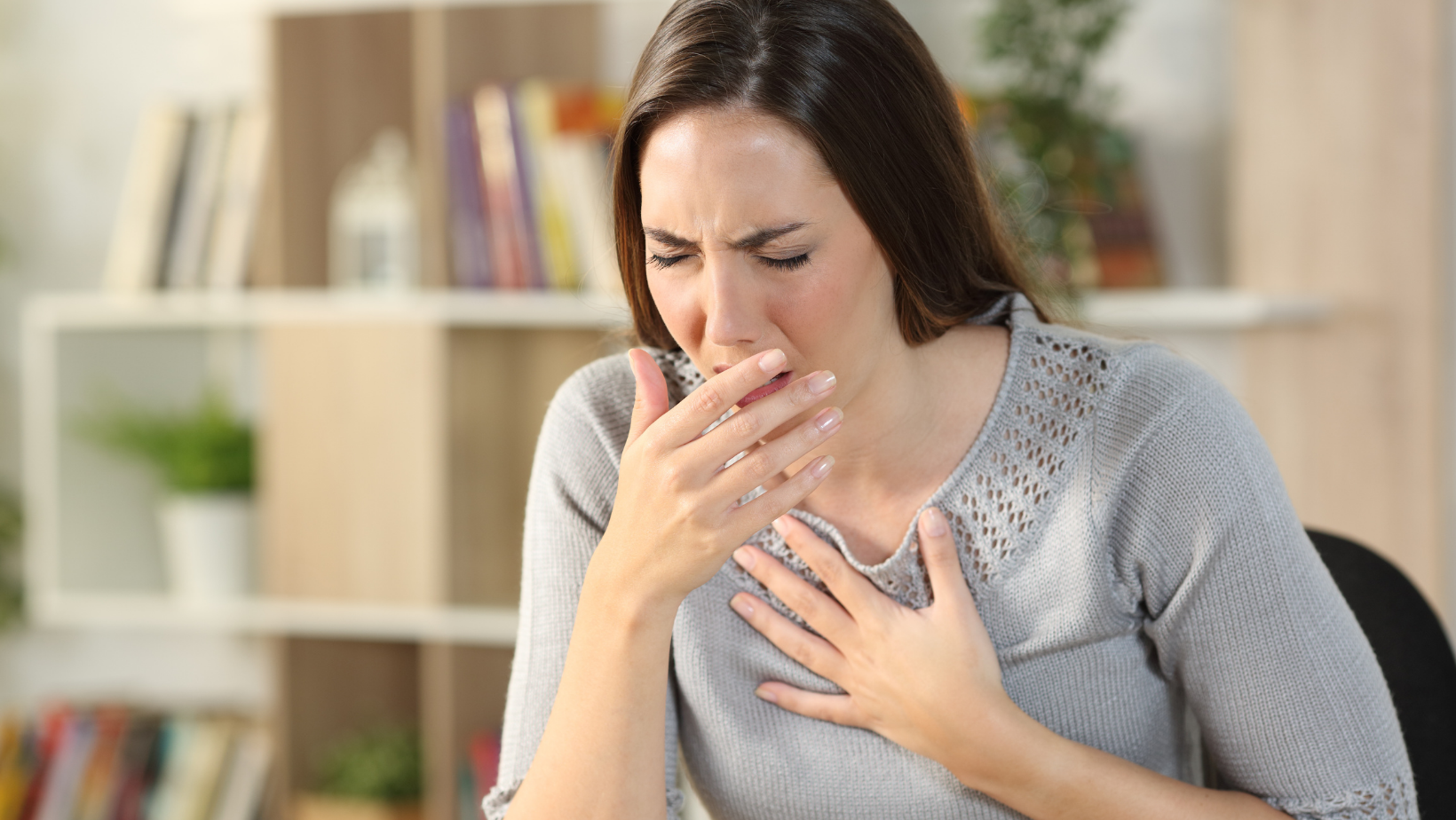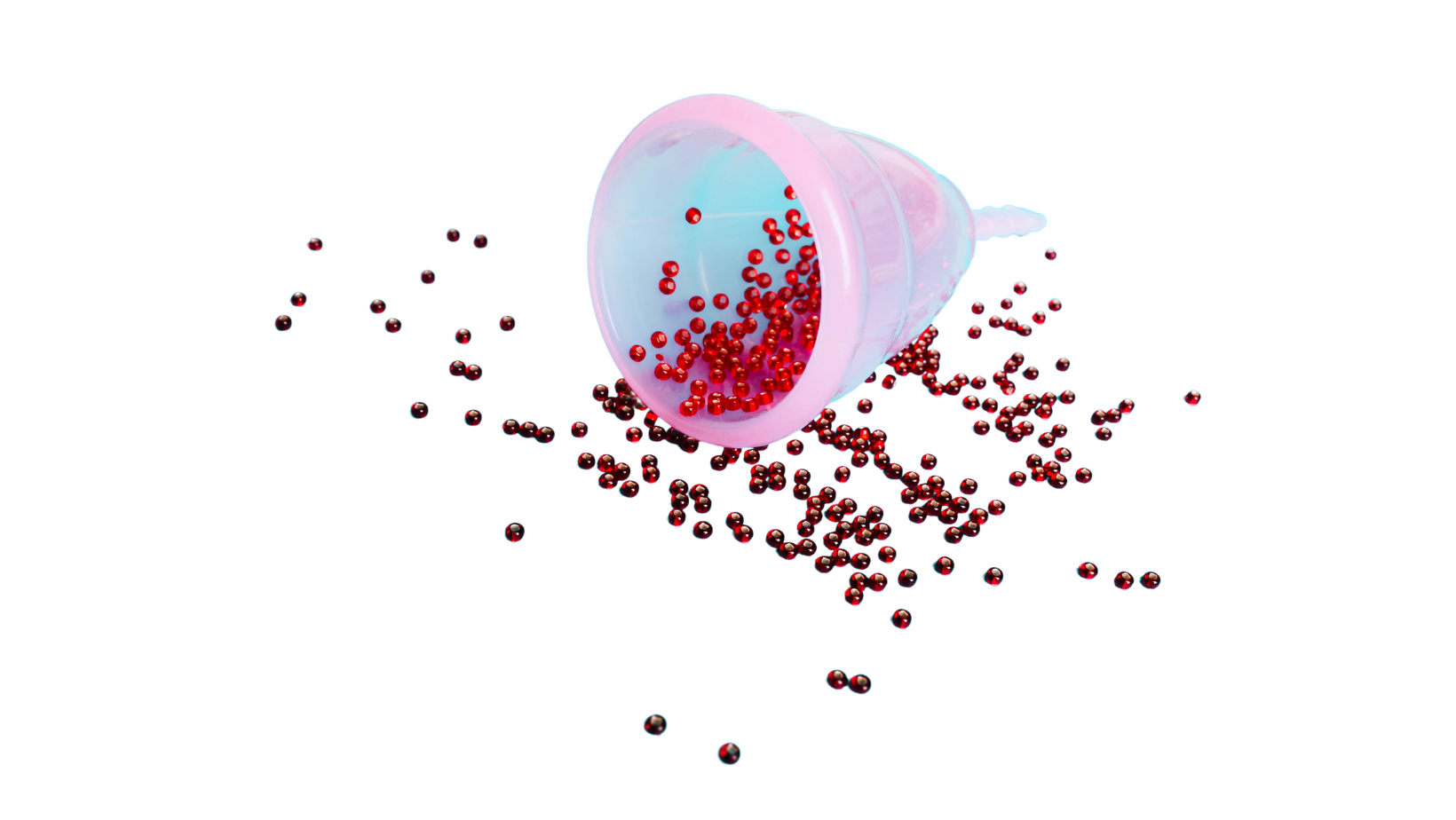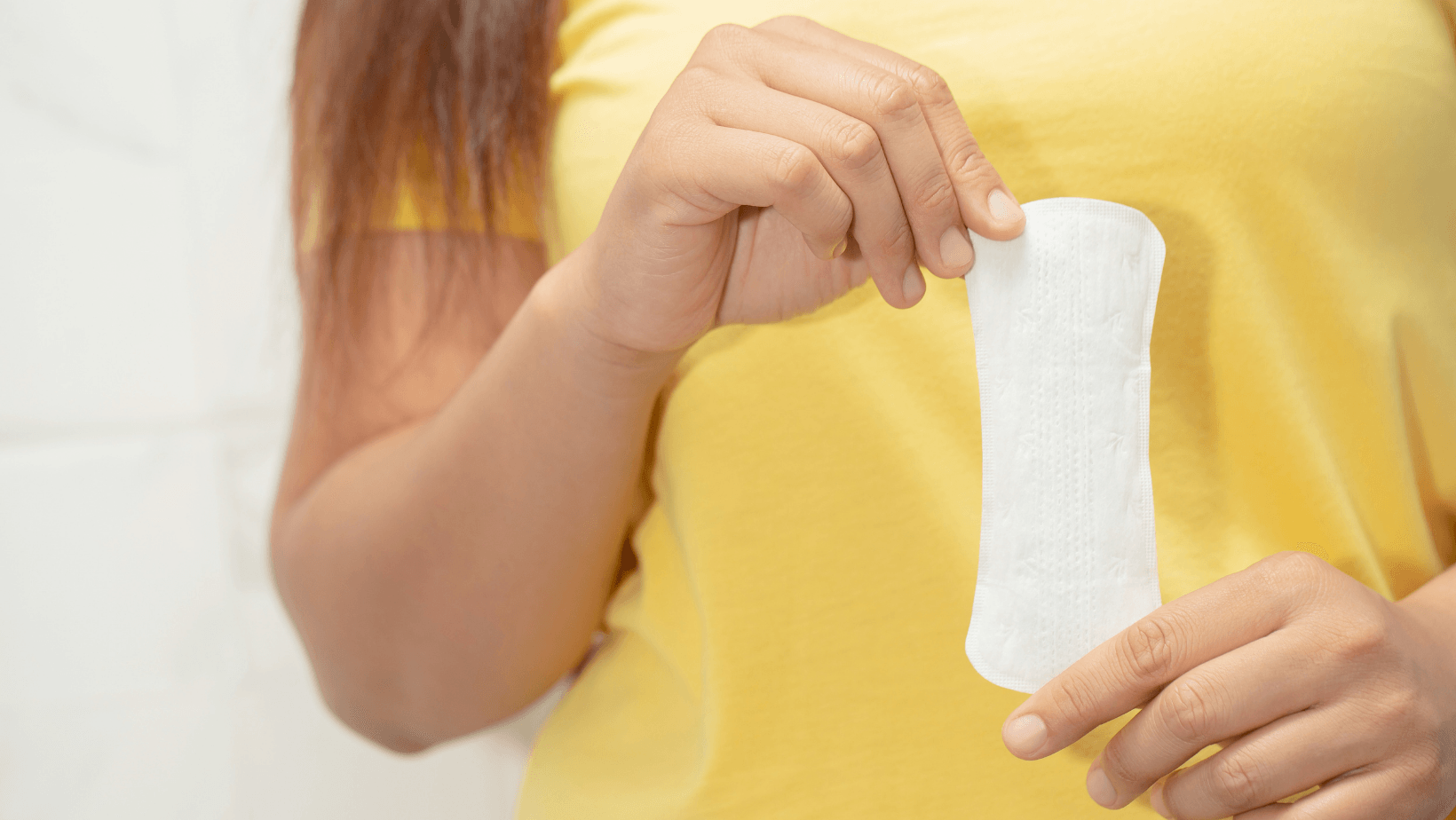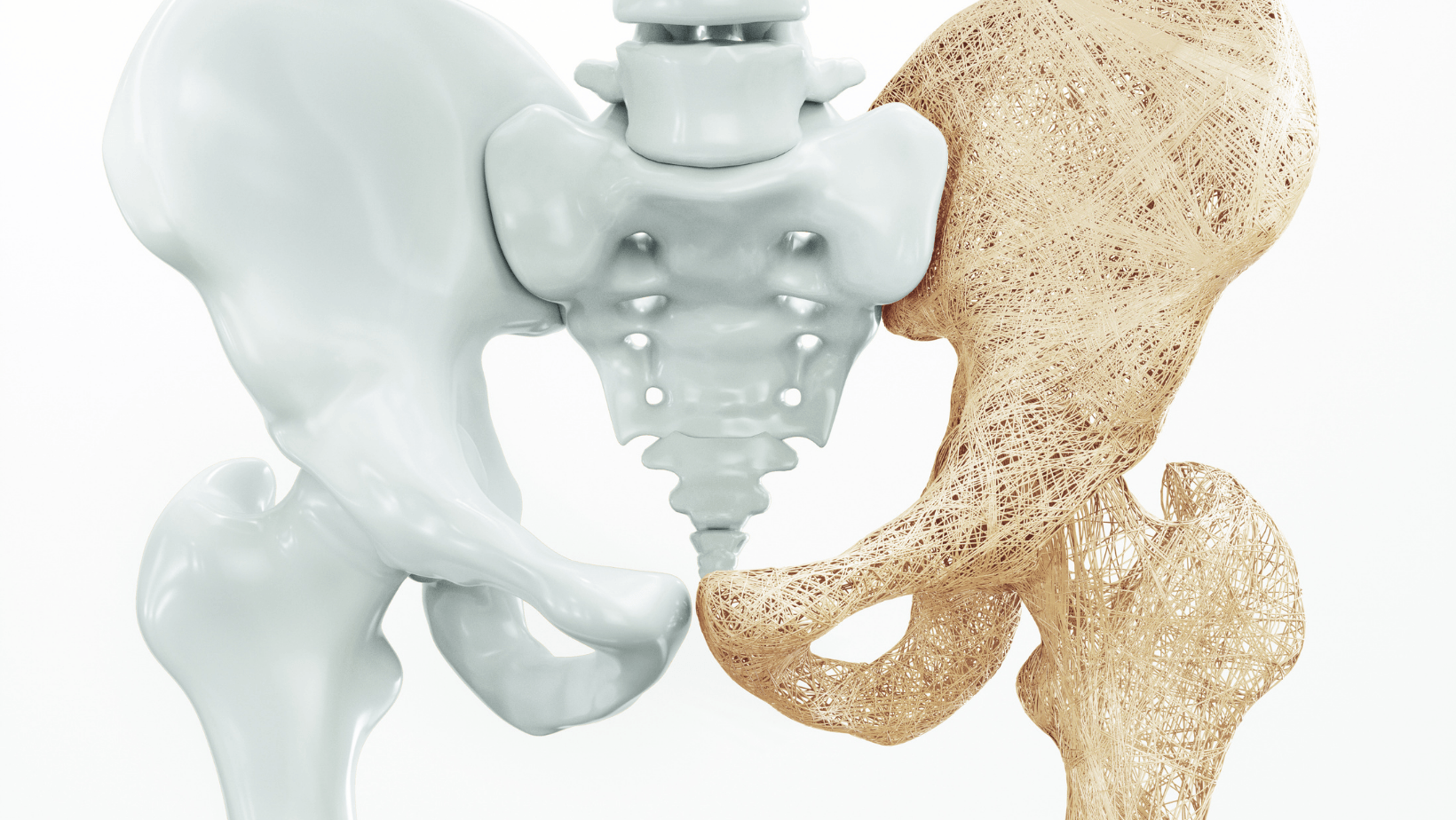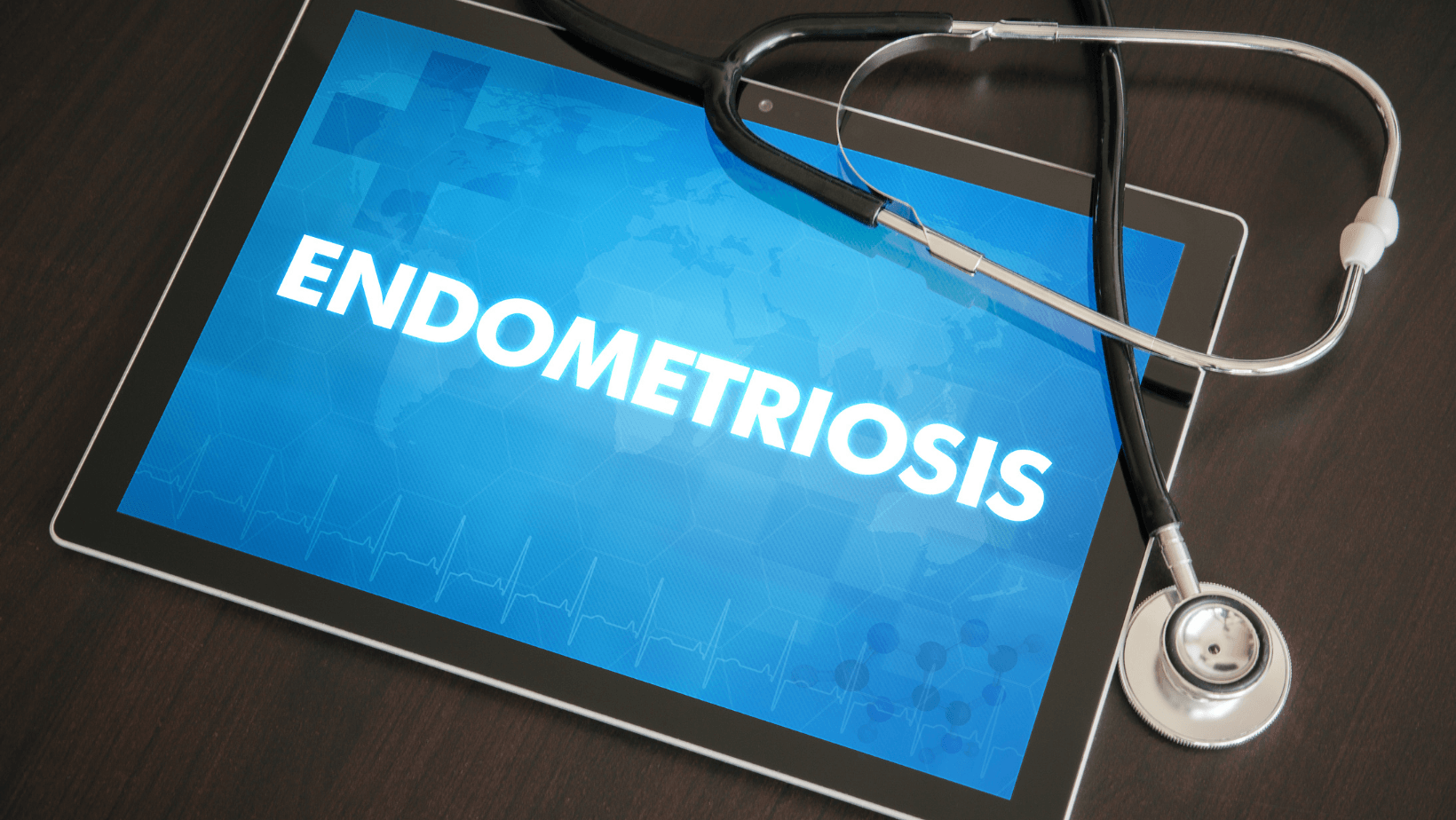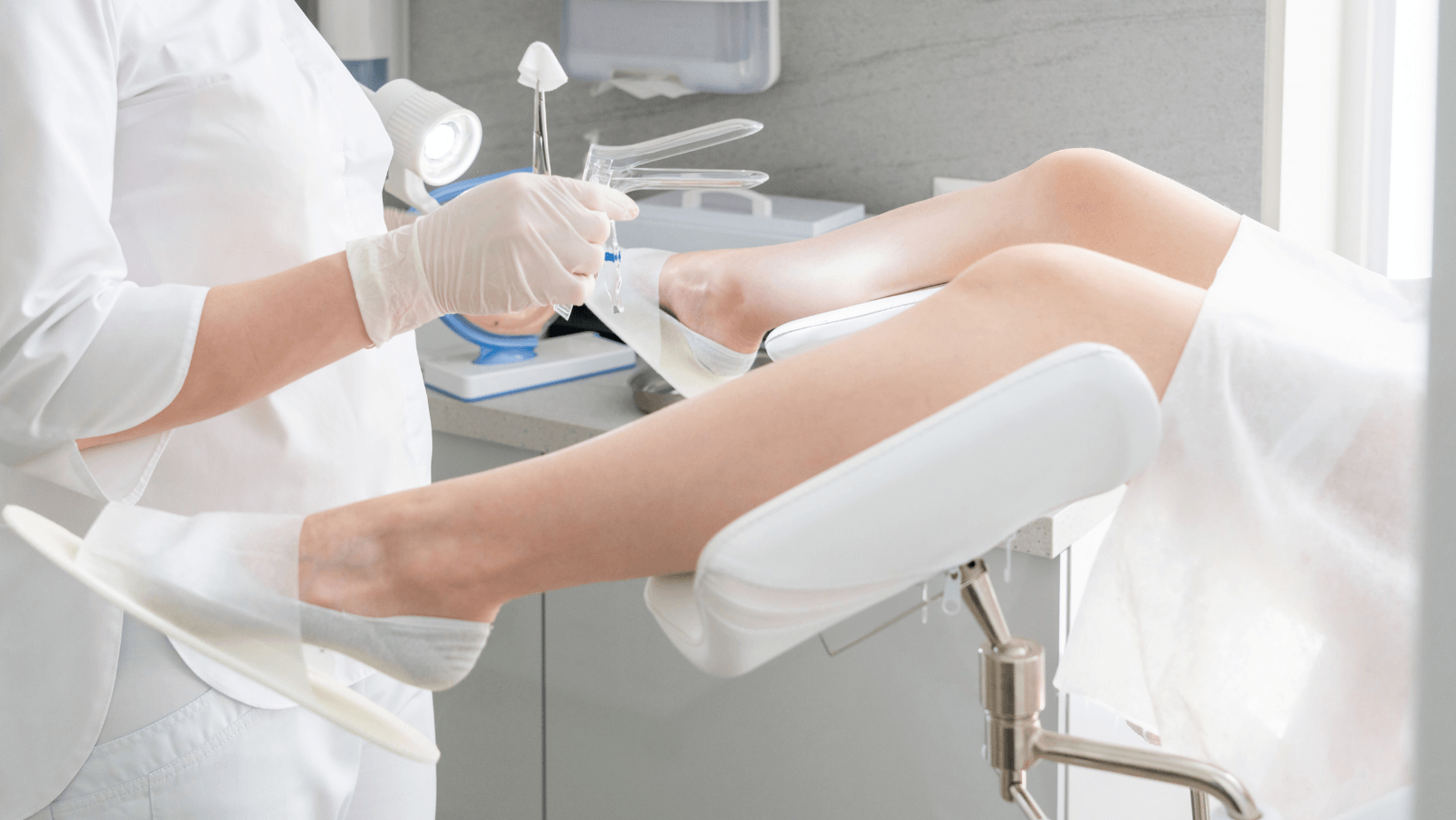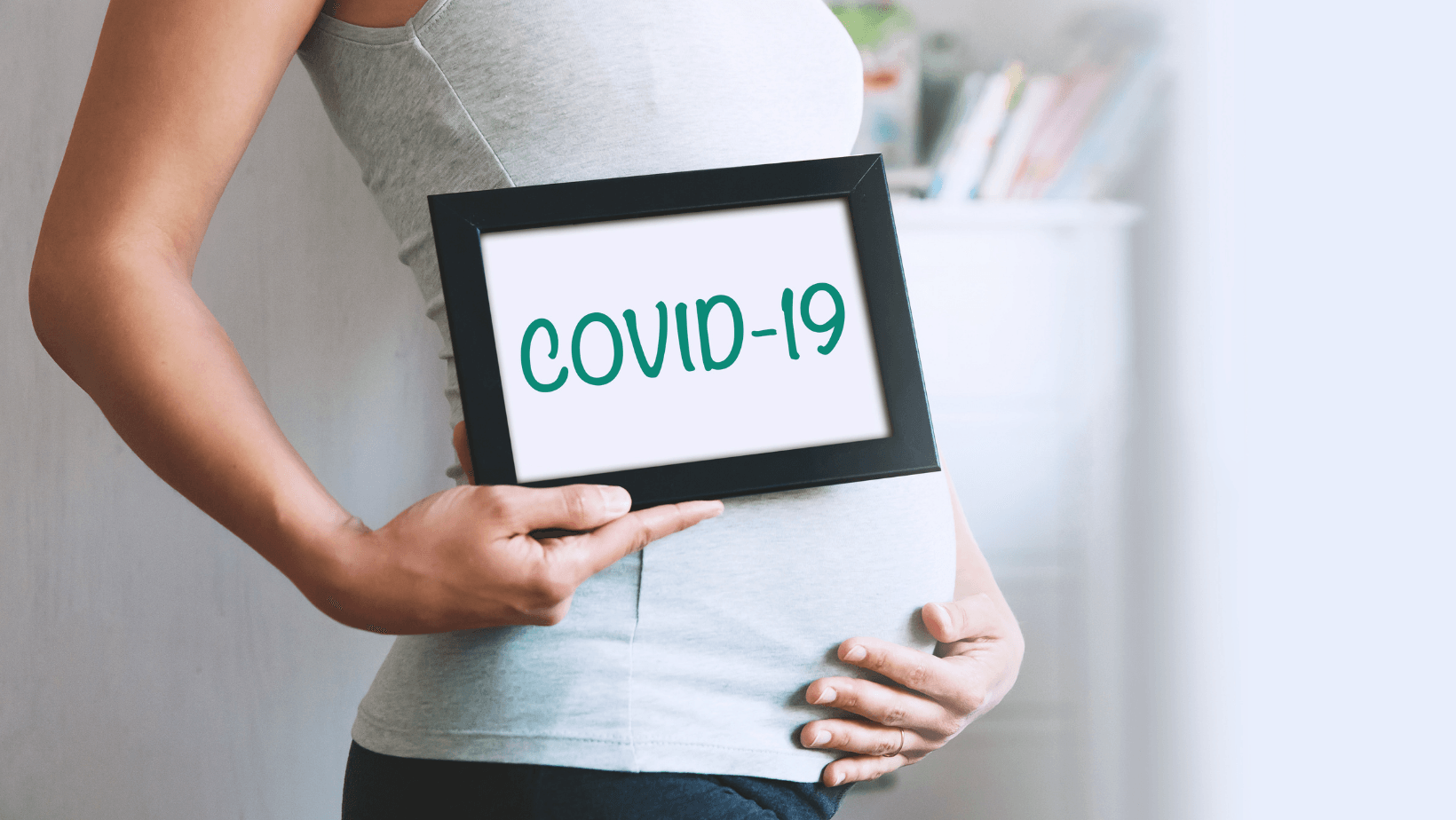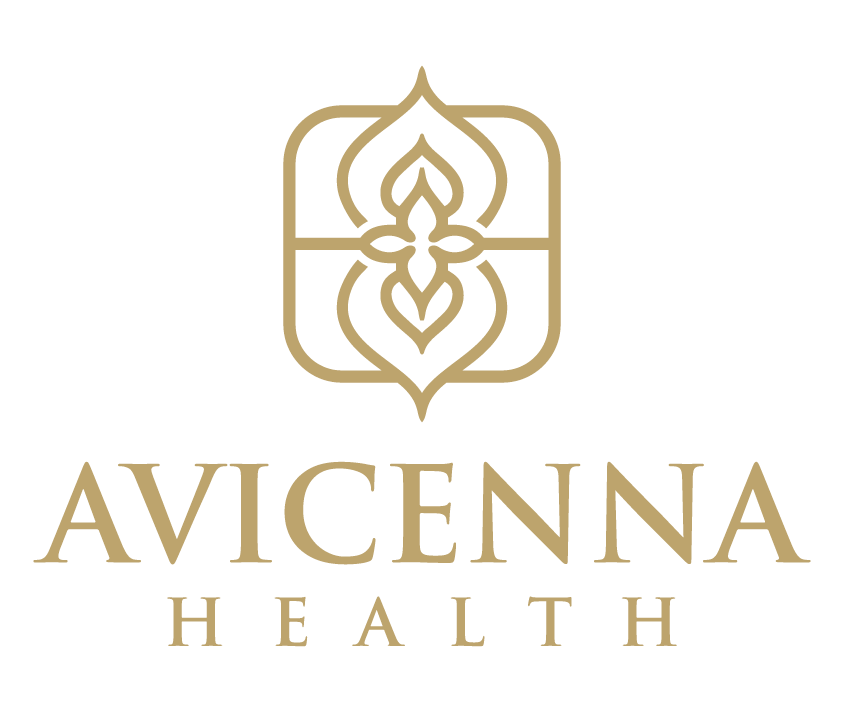Most headaches are tension headaches. These headaches tend to happen again, especially if you are under stress. A tension headache may cause pain or a feeling of pressure all over your head. You probably can't pinpoint the center of the pain. If you keep getting tension headaches, the best thing you can do to limit them is to find out what is causing them and then make changes in those areas.
How can you for yourself at
home?
• Rest in a quiet, dark room with a cool cloth on your forehead until your headache is gone. Close your eyes and try to relax or go to sleep. Don't watch TV or read. Avoid using the computer.
• Use a warm, moist towel or a heating pad set on low to relax tight shoulder and neck muscles.
• Have someone gently massage your neck and shoulders.
• Take pain medicines exactly as directed.
• If the doctor gave you a prescription medicine for pain, take it as prescribed.
• If you are not taking a prescription pain medicine, ask your doctor if you can take an over-the-counter medicine.
• Be careful not to take pain medicine more often than the instructions allow, because you may get worse or more frequent headaches when the medicine wears off.
• If you get another tension headache, stop what you are doing and sit quietly for a moment. Close your eyes and breathe slowly. Try to relax your head and neck muscles.
• Do not ignore new symptoms that occur with a headache, such as fever, weakness or numbness, vision changes, or confusion. These may be signs of a more serious problem.
To help prevent headaches
• Keep a headache diary so you can figure out what triggers your headaches. Avoiding triggers may help you prevent headaches. Record when each headache began, how long it lasted, and what the pain was like (throbbing, aching, stabbing, or dull). List anything that may have triggered the headache, such as being physically or emotionally stressed or being anxious or depressed. Other possible triggers are hunger, anger, fatigue, poor posture, and muscle strain.
• Find healthy ways to deal with stress. Headaches are most common during or right after stressful times. Take time to relax before and after you do something that has caused a headache in the past.
• Exercise daily to relieve stress. Relaxation exercises may help reduce tension.
• Get plenty of sleep.
• Eat regularly and well. Long periods without food can trigger a headache.
• Treat yourself to a massage. Some people find that massages are very helpful in relieving tension.
• Try to keep your muscles relaxed by keeping good posture. Check your jaw, face, neck, and shoulder muscles for tension, and try to relax them. When sitting at a desk, change positions often, and stretch for 30 seconds each hour.
• Reduce eyestrain from computers by blinking frequently and looking away from the computer screen every so often. Make sure you have proper eyewear and that your monitor is set up properly, about an arm's length away.
• Call 911 anytime you think you may need emergency care. For example, call if:
• You have signs of a stroke. These may include:
• Sudden numbness, paralysis, or weakness in your face, arm, or leg, especially on only one side of your body.
• Sudden vision changes.
• Sudden trouble speaking.
• Sudden confusion or trouble understanding simple statements.
• Sudden problems with walking or balance.
• A sudden, severe headache that is different from past headaches.
Call your doctor now or seek immediate medical care if:
• You have new or worse nausea and vomiting.
• You have a new or higher fever.
• Your headache gets much worse.
Information source:
https://www.healthwise.net/patientEd

